 Your new post is loading...

|
Scooped by
Farid Mheir
|
Intelligence = Understanding + Reasoning
In his book “Thinking Fast and Slow”, Daniel Kahneman discusses the idea that human minds use two different and complementary processes, two different modes of thinking, which we call Understanding and Reasoning. The idea has been discussed for decades and has been verified using psychological studies and by neuroscience.

|
Scooped by
Farid Mheir
|
Google quietly released an academic paper that could provide a blueprint for the future of machine learning. Called “One Model to Learn Them All,” it lays out a template for how to create a single machine learning model that can address multiple tasks well.

|
Scooped by
Farid Mheir
|
80 private companies in cybersecurity that are using AI and categorized them into 9 areas of operation.

|
Scooped by
Farid Mheir
|
What best distinguishes our species is an ability that scientists are just beginning to appreciate: We contemplate the future. Our singular foresight created civilization and sustains society. It usually lifts our spirits, but it’s also the source of most depression and anxiety, whether we’re evaluating our own lives or worrying about the nation. Other animals have springtime rituals for educating the young, but only we subject them to “commencement” speeches grandly informing them that today is the first day of the rest of their lives.

|
Scooped by
Farid Mheir
|
The most anticipated slide deck of the year is here. Key takeaways: - Global smartphone growth is slowing: Smartphone shipments grew 3 percent year over year last year, versus 10 percent the year before. This is in addition to continued slowing internet growth, which Meeker discussed last year.
- Voice is beginning to replace typing in online queries. Twenty percent of mobile queries were made via voice in 2016, while accuracy is now about 95 percent.
- In 10 years, Netflix went from 0 to more than 30 percent of home entertainment revenue in the U.S. This is happening while TV viewership continues to decline.
- Entrepreneurs are often fans of gaming, Meeker said, quoting Elon Musk, Reid Hoffman and Mark Zuckerberg. Global interactive gaming is becoming mainstream, with 2.6 billion gamers in 2017 versus 100 million in 1995. Global gaming revenue is estimated to be around $100 billion in 2016, and China is now the top market for interactive gaming.
- China remains a fascinating market, with huge growth in mobile services and payments and services like on-demand bike sharing. (More here: The highlights of Meeker's China slides.)
- While internet growth is slowing globally, that’s not the case in India, the fastest growing large economy. The number of internet users in India grew more than 28 percent in 2016. That’s only 27 percent online penetration, which means there’s lots of room for internet usership to grow. Mobile internet usage is growing as the cost of bandwidth declines. (More here: The highlights of Meeker's India slides.)
- In the U.S. in 2016, 60 percent of the most highly valued tech companies were founded by first- or second-generation Americans and are responsible for 1.5 million employees. Those companies include tech titans Apple, Alphabet, Amazon and Facebook.
- Healthcare: Wearables are gaining adoption with about 25 percent of Americans owning one, up 12 percent from 2016. Leading tech brands are well-positioned in the digital health market, with 60 percent of consumers willing to share their health data with the likes of Google in 2016.

|
Scooped by
Farid Mheir
|
This report lays out the current state of AI for business, describes primary and emerging use cases, and states the risks, opportunities and organizational considerations that businesses are facing. It concludes with recommendations for companies thinking about applying AI to their own organizations, and a look at some of the business, legal and technical trends that are likely to shape the future. Key Findings - When it comes to use cases, narrow and clear is better than new and shiny. Some of the most promising uses of AI today are highly specialized and highly vertical — from farming, to self-driving cars, to predictive analytics and precision medicine. In many cases, the most successful deployments will identify buying signals and churn signals and automate complex processes.
- AI will become a forcing function for an organizational data strategy. AI learns from vast amounts of data. Clean, accessible data is the foundation upon which successful AI is built. This means that data availability and accessibility should be early considerations when determining where to build, and where not to build, AI into systems.
- Ultimately, the opportunity (and risk) of systems based on machine learning is in their ability to sense, communicate, learn, act and adapt over time, and to connect with other systems. It’s not just about devices that will play a song or order tickets to a concert.
- Governance, privacy, ethics, and trust are critical to the customer experience. Even with a relatively “narrow” AI, it’s important to understand that enabling machines to learn and act based on data and past experience has significant implications. It’s critical to scenario plan for AI deployments — not only for the legal and regulatory reasons, but to protect and enhance the customer experience.

|
Scooped by
Farid Mheir
|

|
Scooped by
Farid Mheir
|
Have you looked at Google Trends? It’s pretty cool — you enter some keywords and see how Google Searches of that term vary through time. I thought — hey, I happen to have this arxiv-sanity database of 28,303 (arxiv) Machine Learning papers over the last 5 years, so why not do something similar and take a look at how Machine Learning research has evolved over the last 5 years?

|
Scooped by
Farid Mheir
|
Thanks to machine learning, it’s becoming easy to generate realistic video, and to impersonate someone.

|
Scooped by
Farid Mheir
|
Systems able to recognize sounds familiar to human listeners have a wide range of applications, from adding sound effect information to automatic video captions, to potentially allowing you to search videos for specific audio events. Building Deep Learning systems to do this relies heavily on both a large quantity of computing (often from highly parallel GPUs), and also – and perhaps more importantly – on significant amounts of accurately-labeled training data. However, research in environmental sound recognition is limited by currently available public datasets.
In order to address this, we recently released AudioSet, a collection of over 2 million ten-second YouTube excerpts labeled with a vocabulary of 527 sound event categories, with at least 100 examples for each category.

|
Scooped by
Farid Mheir
|
Consumer-goods companies have begun to capture value by applying digital tools to manufacturing. Here’s a look at how they’re doing this today--and how they might do so tomorrow.

|
Scooped by
Farid Mheir
|
A few days before Thanksgiving, George Hotz, a 26-year-old hacker, invites me to his house in San Francisco to check out a project he’s been working on. He says it’s a self-driving car that he had built in about a month. The claim seems absurd. But when I turn up that morning, in his garage there’s a white 2016 Acura ILX outfitted with a laser-based radar (lidar) system on the roof and a camera mounted near the rearview mirror. A tangle of electronics is attached to a wooden board where the glove compartment used to be, a joystick protrudes where you’d usually find a gearshift, and a 21.5-inch screen is attached to the center of the dash. “Tesla only has a 17-inch screen,” Hotz says.
|

Curated by Farid Mheir
Get every post weekly in your inbox by registering here: http://fmcs.digital/newsletter-signup/
|
 Your new post is loading...
Your new post is loading...












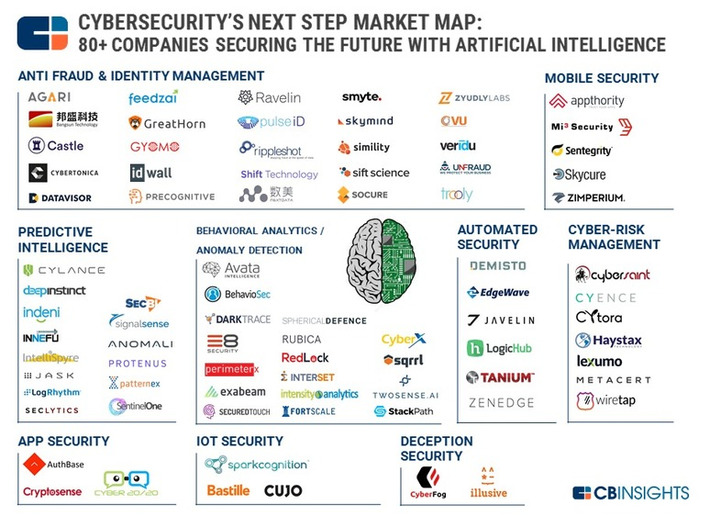


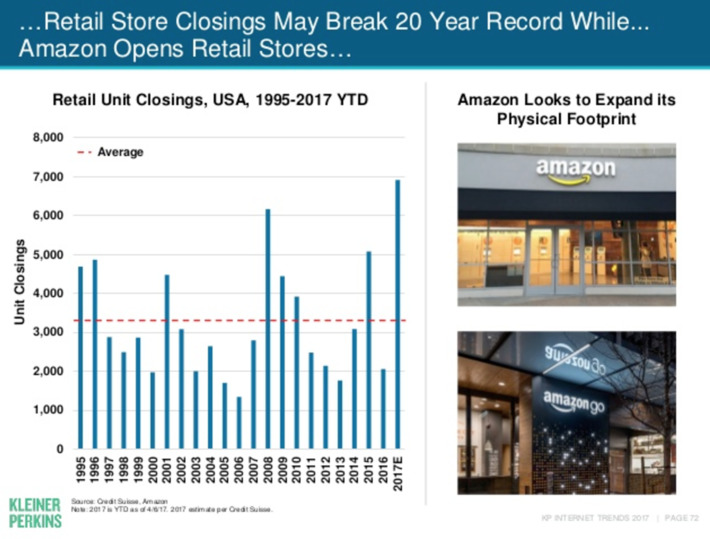
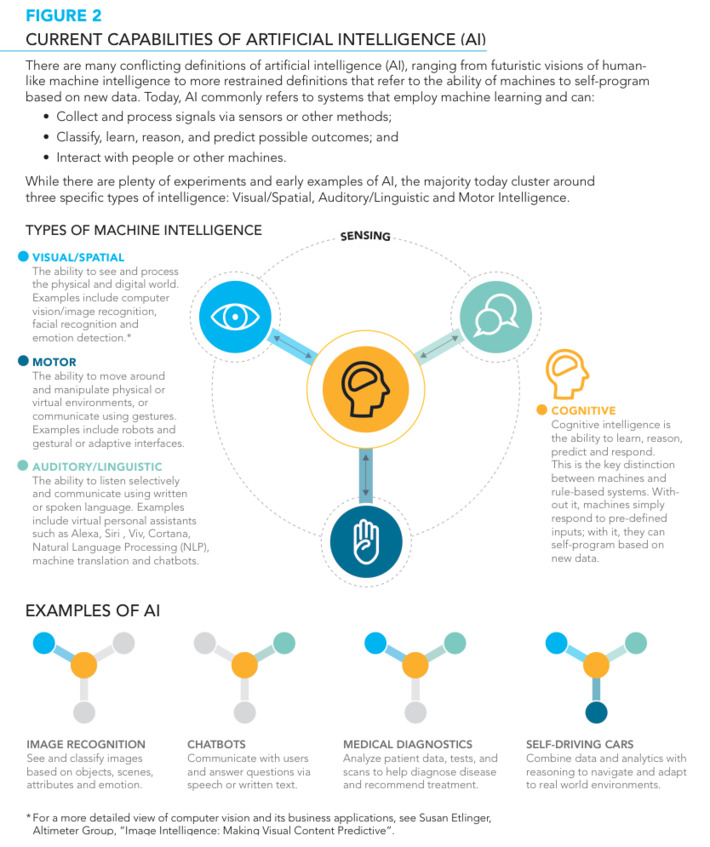
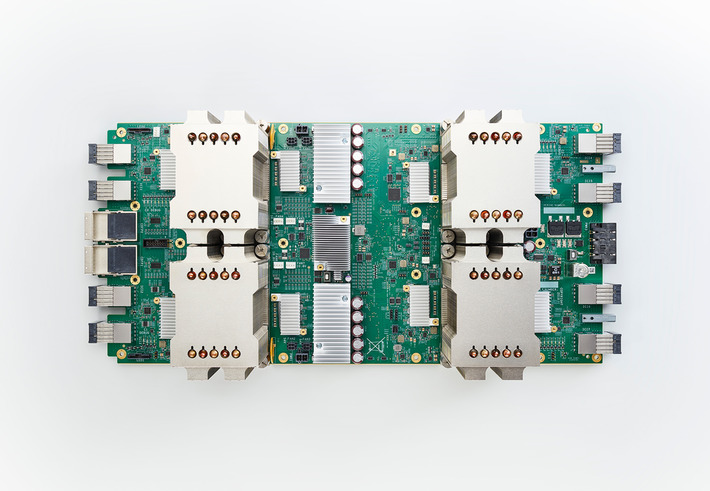


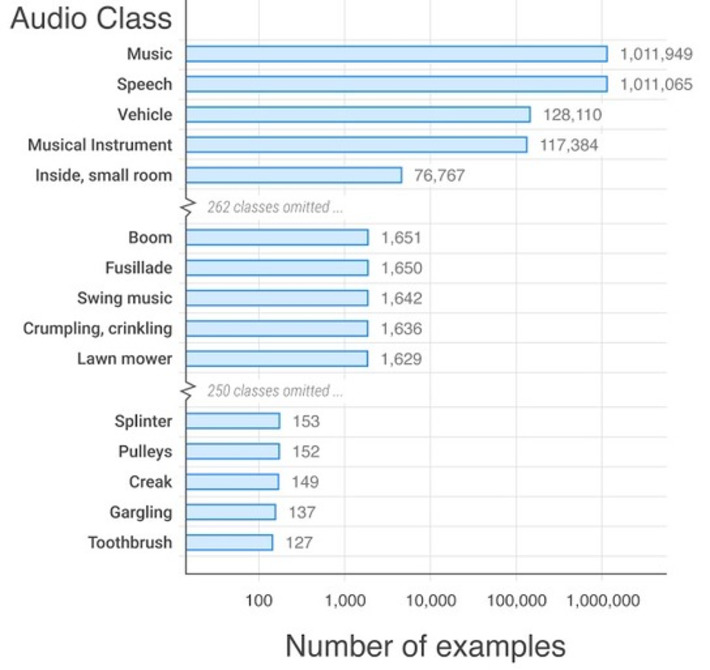
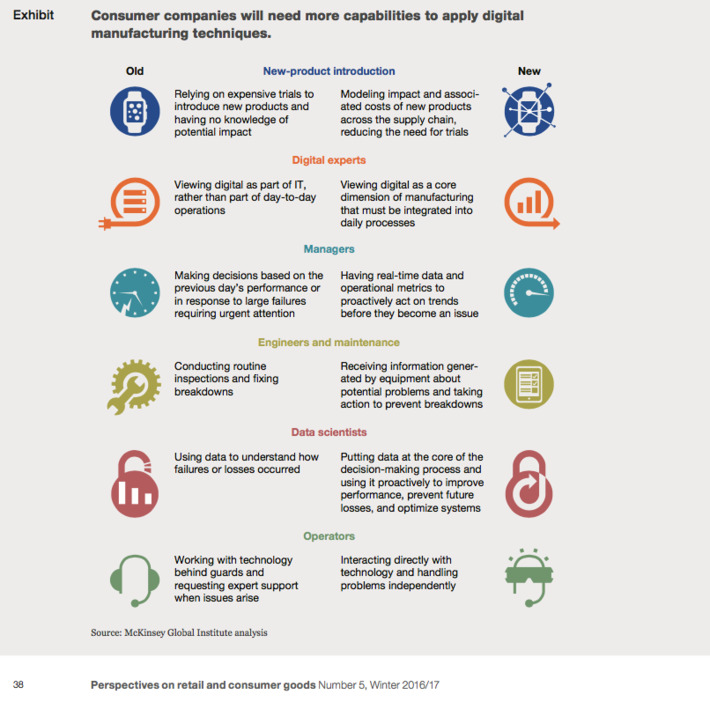

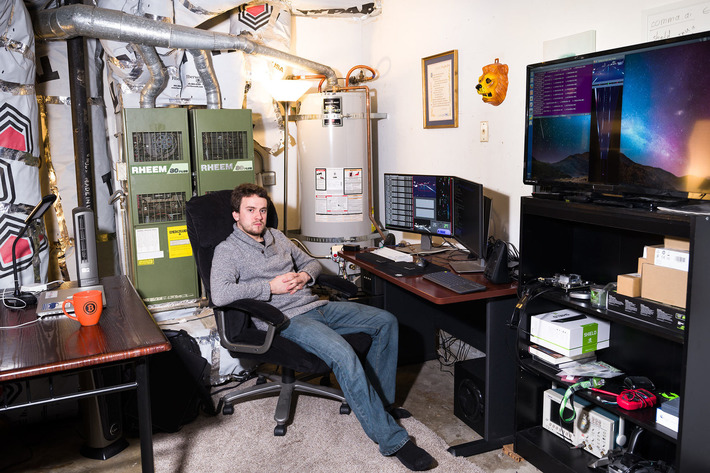








WHY THIS IS IMPORTANT
This article explains key fundamental concepts about intelligence and provides real-world examples in the context of self-driving cars.